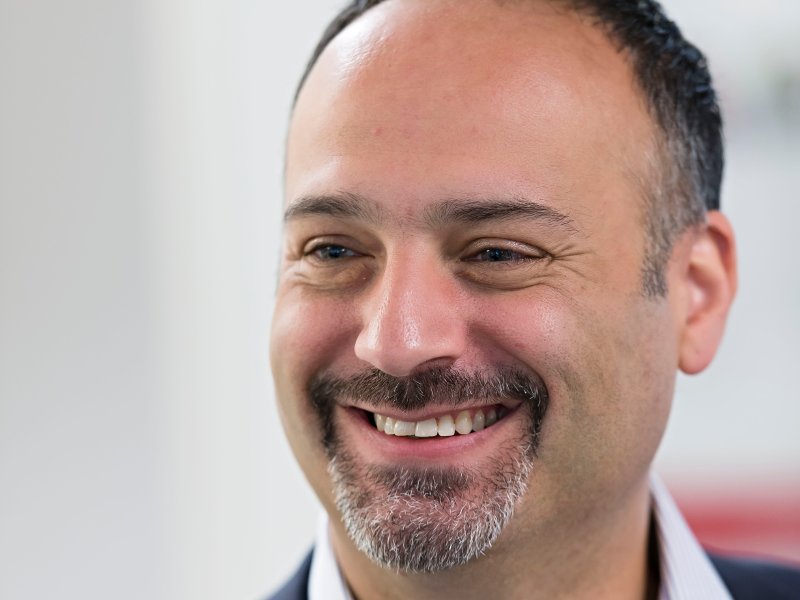
Within the fourth episode of the Practical Protection Podcast entitled ‘Protecting Your Mortgage’, Montlake explained that it is difficult to be an expert in mortgages as well as protection.
He said: “I’m passionate about protection and life insurance, but I just found that it became really difficult to be a mortgage expert and an expert in protection.”
Montlake went on to explain that it is better for clients if an advisers role is signposted correctly, so they are aware of their specialism.
According to research collected by AMI, 97% of advisers believe they spoke about protection in the mortgage process, however, only 36% of customers remembered it being mentioned.
This research was based off the results of 5,000 UK adults.
In response to the research, Montlake said: “There’s a massive disconnect there immediately, and it is trying to get over that barrier, making sure that your processes are absolutely spot on, that you are talking about it and different people have different approaches.
“I like to approach it that I refer it to a specialist. Others like to do it – the most successful ones I’ve seen actually – one of the first things they talk about is protection.”
Furthermore, Montlake went on to outline that the main difficulty for mortgage brokers is the volume of paperwork and enquires.
He said: “I think the reality of the issue is, especially when you are a busy mortgage broker, mortgages are really not complex, but hard in terms of paperwork, when you have got people calling you up and you have a lot of enquiries coming in.
“The most important thing for that client immediately coming into you is they just want that property.”
Montlake believes that it is hard for a broker to take a step back and slow down the person who just wants to buy the property.
He explained that this is essential that a broker must explain to the individual the importance of protection, how it works and why they should have it
He added: “So it’s about really getting the process right and I would suspect that a lot of, probably 90% to 97% of advisers, are talking about it, but it’s just a passing mention rather than something that’s embedded deep into their process and that’s the point that we need to get to.”



